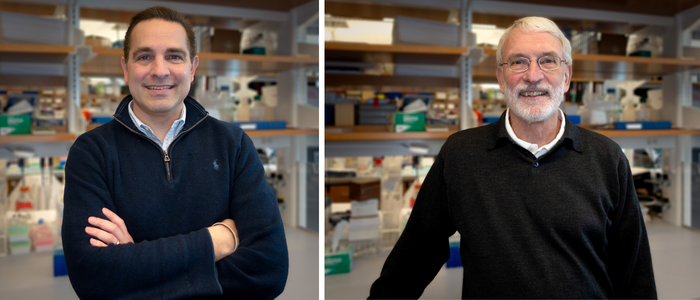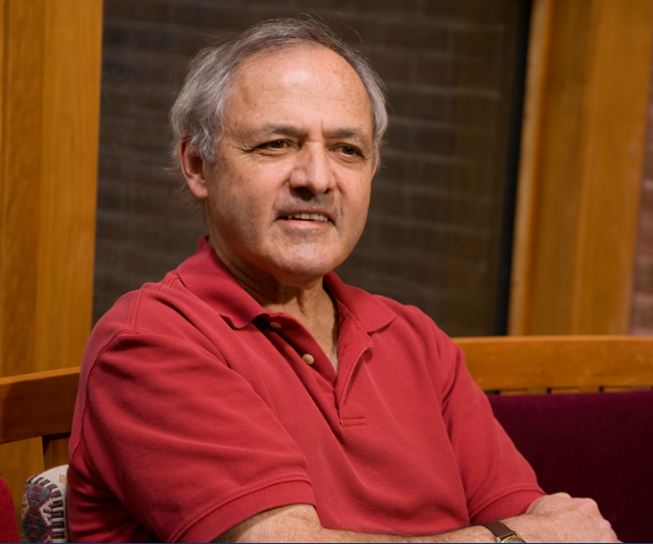Developing Improved Models for Cutting-Edge Immune Cell Studies to Accelerate Disease Treatments in the Brehm & Greiner Laboratories

The laboratories of Michael Brehm, PhD, and Dale Greiner, PhD, are leading a multisite collaboration that has been approved for a four-year grant from the National Institutes of Health (NIH) to create cutting-edge humanized mouse resources to support the efficient development of human tissue resident macrophages in disease relevant models.
“Resident macrophages are immune cells that are developed from early embryonic cells. These immune cells are long lived in the body and help to keep our tissues healthy and functioning properly,” said Dr. Brehm, The Harvey A. Shultz Chair in Diabetes, Associate Director of the UMass Chan Diabetes Center of Excellence, and Co-Director of the UMass Chan Humanized Mouse Core. “Scientists are interested in tissue resident cells because they play a major role in multiple human diseases, including T1D, and advancing our understanding of these cells may lead to the development of new therapies for human diseases and illnesses.”
The Greiner and Brehm labs specialize in “humanized” mouse models that are genetically modified and engrafted with human cells, tissues, or genes to closely mimic human biology and disease processes.
 In collaboration Leonard Shultz, Professor at UMass Chan Medical School & Investigator at The Jackson Laboratory, they create functional human immune systems in the animals, allowing them to study human immune responses to diabetes & other autoimmune diseases, cancerous tumors and infectious disease - and potential therapies - in a pre-clinical model.
In collaboration Leonard Shultz, Professor at UMass Chan Medical School & Investigator at The Jackson Laboratory, they create functional human immune systems in the animals, allowing them to study human immune responses to diabetes & other autoimmune diseases, cancerous tumors and infectious disease - and potential therapies - in a pre-clinical model.
“There are limited animal models available to study human macrophages specifically,” said Dr. Greiner, The Herman G. Berkman Chair in Diabetes Care Innovation, Co-Director of the UMass Chan Diabetes Center of Excellence and UMass Chan Humanized Mouse Core. “Our humanized mice usually grow one type of human immune cell, but don't include other parts of the immune system needed to study how everything works together.”
This collaborative project has the potential to significantly improve the study of these human tissue-specific immune cells. It includes the laboratories of Priti Kumar, PhD at Yale School of Medicine, and Dorothy Schafer, PhD at UMass Chan Medical School.
“Several humanized platforms expressing human cytokines have been reported to improve the development of human macrophage populations, but many of these models are not available to basic research programs,” added Dr. Brehm. “Moreover, these models are often focused on engraftment of single macrophage populations, and they lack components of the adaptive immune system and other innate immune cells.”
The team of researchers will focus on the creation of an improved, robust, small animal model that will allow for the in vivo investigation of human tissue resident macrophages in multiple diseases and accelerate the development of human specific therapies.
